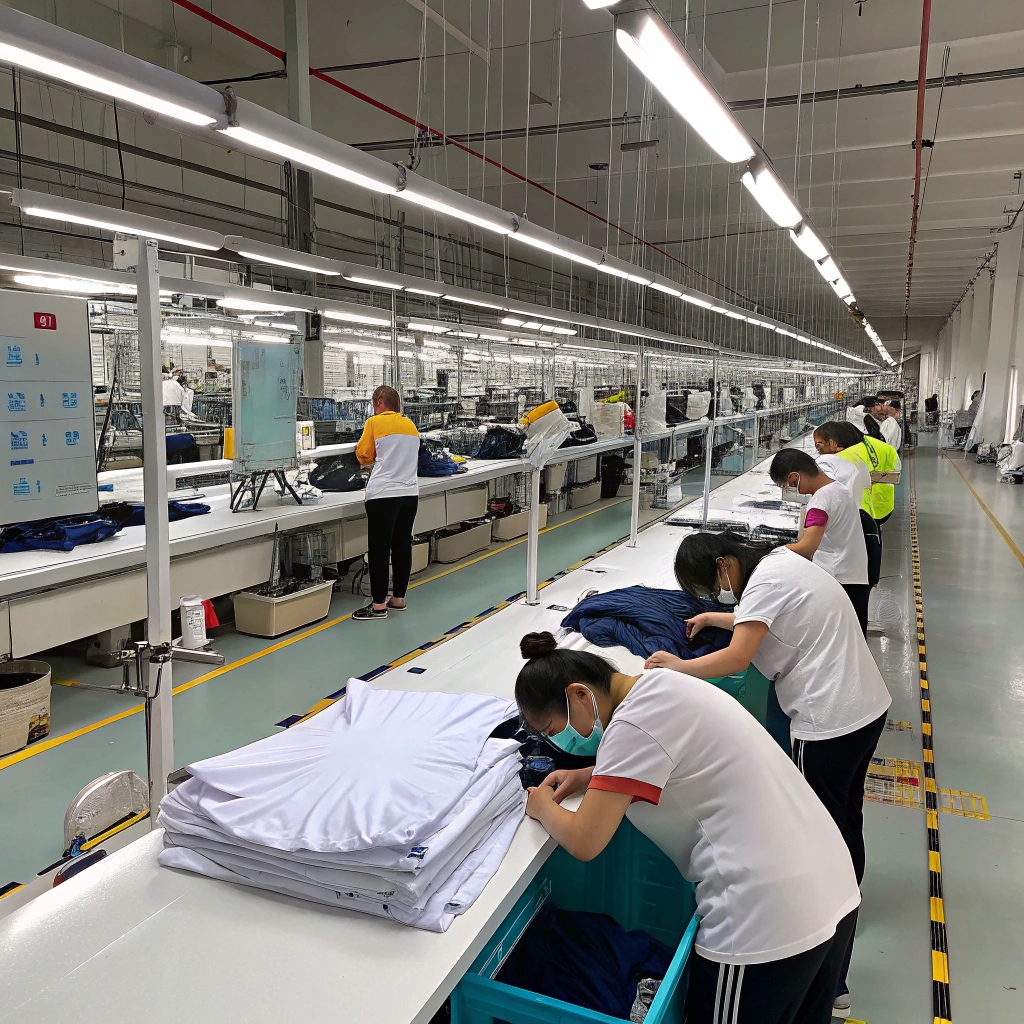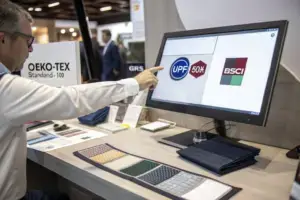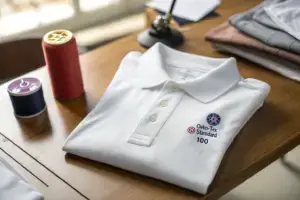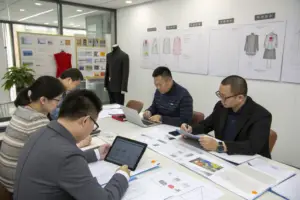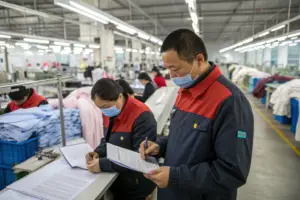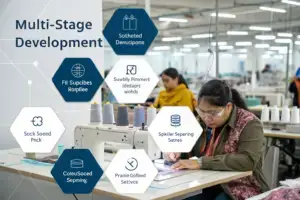Zara, one of the largest and most recognizable fast fashion brands globally, is known for its quick turnaround times, vast product range, and stylish offerings. But how does Zara manage to maintain its high standards while producing on such a massive scale? The secret lies in their manufacturing partnerships. Let's dive deeper into who exactly manufactures clothing for Zara and how this process works.
Understanding Zara's manufacturing strategy can help you comprehend the brand’s ability to produce trendy and affordable clothing quickly. Want to know more about their supply chain? Keep reading!
Who is the Manufacturer of Zara?
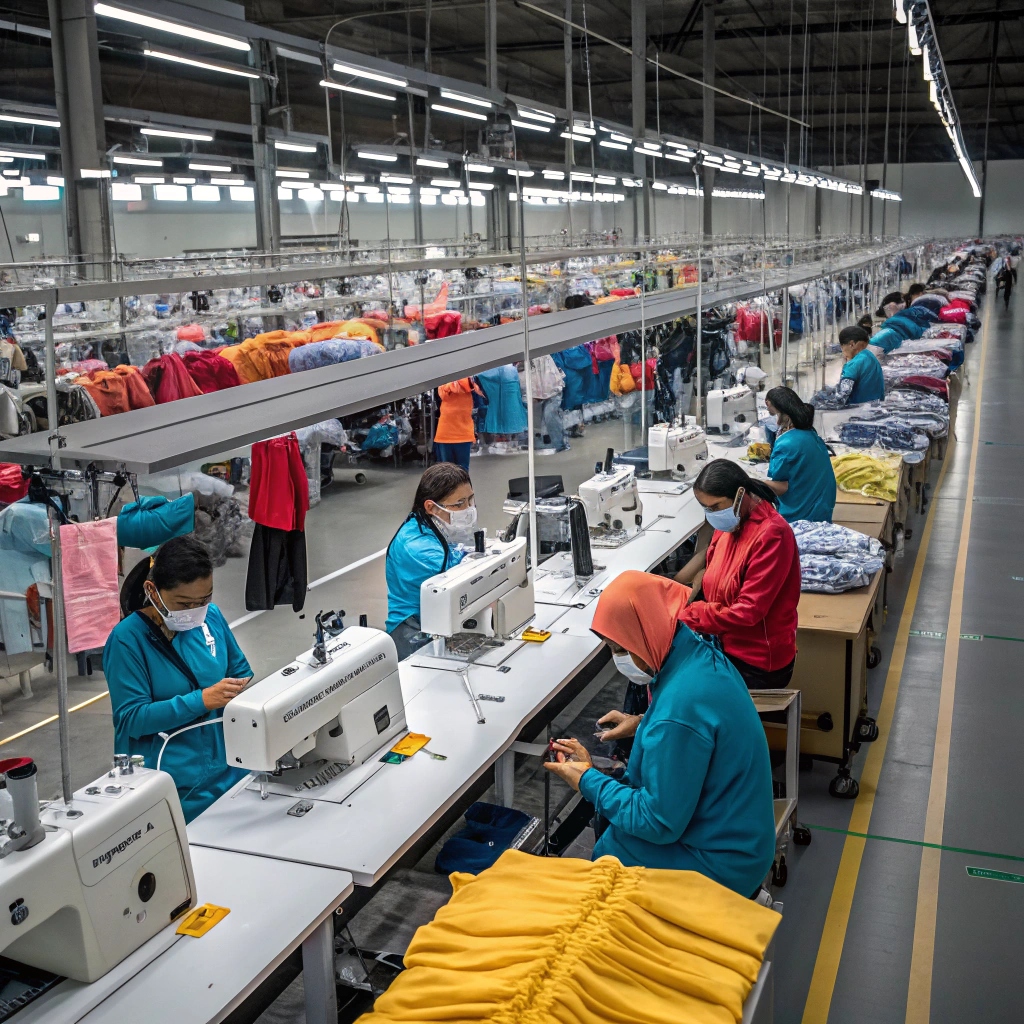
Zara’s clothing is produced by a network of manufacturers rather than a single entity. The brand relies on a global network of suppliers and factories to produce its vast range of apparel. But who exactly manufactures the clothing for Zara?
Zara operates on a “just-in-time” production model, meaning they don’t rely on large-scale factories for months of production. Instead, they work with smaller, highly efficient manufacturers to produce garments that align with current fashion trends.
Key Manufacturing Partners for Zara
Zara has a combination of in-house production facilities and third-party manufacturers located around the world. While the company has its own factories in countries like Spain, it also partners with international manufacturers to meet its production needs.
- Inditex Group1: Zara’s parent company owns multiple factories in Spain, Portugal, and other countries.
- Local Manufacturers2: Zara works with smaller factories and suppliers from countries like Turkey, Morocco, and India.
- Overseas Manufacturers3: For specific items and larger quantities, Zara also partners with suppliers in China, Bangladesh, and Vietnam.
Zara's Approach to Manufacturing
Zara is well known for its ability to produce clothing very quickly, often bringing new collections to stores in a matter of weeks4. This agility is possible due to its tightly controlled supply chain5, where it keeps control over much of the manufacturing process.
How to Find Zara Manufacturer?

If you're looking to find out where Zara’s clothes are made or want to partner with one of their manufacturers, there are several ways to go about it. But what are the best strategies to locate their suppliers?
Finding specific manufacturers for a brand like Zara can be challenging, but with some research and persistence, it's possible to get an idea of where their products are sourced.
Steps to Find Zara's Manufacturers
- Check Supplier Directories: There are global directories that list clothing manufacturers6 by brand. These directories can provide valuable insights into Zara’s manufacturing partners.
- Research Zara’s Parent Company: Inditex, Zara’s parent company, is a major player in the clothing manufacturing industry. Researching Inditex’s suppliers7 may lead you to some of the brands that work with Zara.
- Visit Trade Shows: Trade shows focused on clothing and manufacturing8 often feature suppliers who work with major brands like Zara. Attending these events could help you find manufacturers in Zara's network.
- Contact Zara Directly: While this may not always yield specific information, reaching out to Zara's corporate offices may give you insights into their partnerships and suppliers.
Who Manufactures Clothes for Zara in China?
Zara sources some of its clothing from Chinese manufacturers, but who exactly makes their clothes in China? The process is part of Zara’s global manufacturing strategy.
China plays a key role in Zara’s manufacturing, especially for garments requiring high-volume production or specific materials. Zara works with both large factories and smaller, specialized manufacturers in China to produce their clothes.
Key Suppliers in China
Zara’s manufacturing partners in China9 are typically contracted factories that specialize in various types of garments, including casual wear, outerwear, and accessories. These manufacturers work closely with Zara’s supply chain to deliver goods that meet their quality and production standards.
However, due to the nature of global supply chains, it is difficult to pinpoint one single manufacturer that works with Zara in China. The company relies on several suppliers to keep up with demand and its “just-in-time” business model.
Are Zara Clothes Made in Spain?
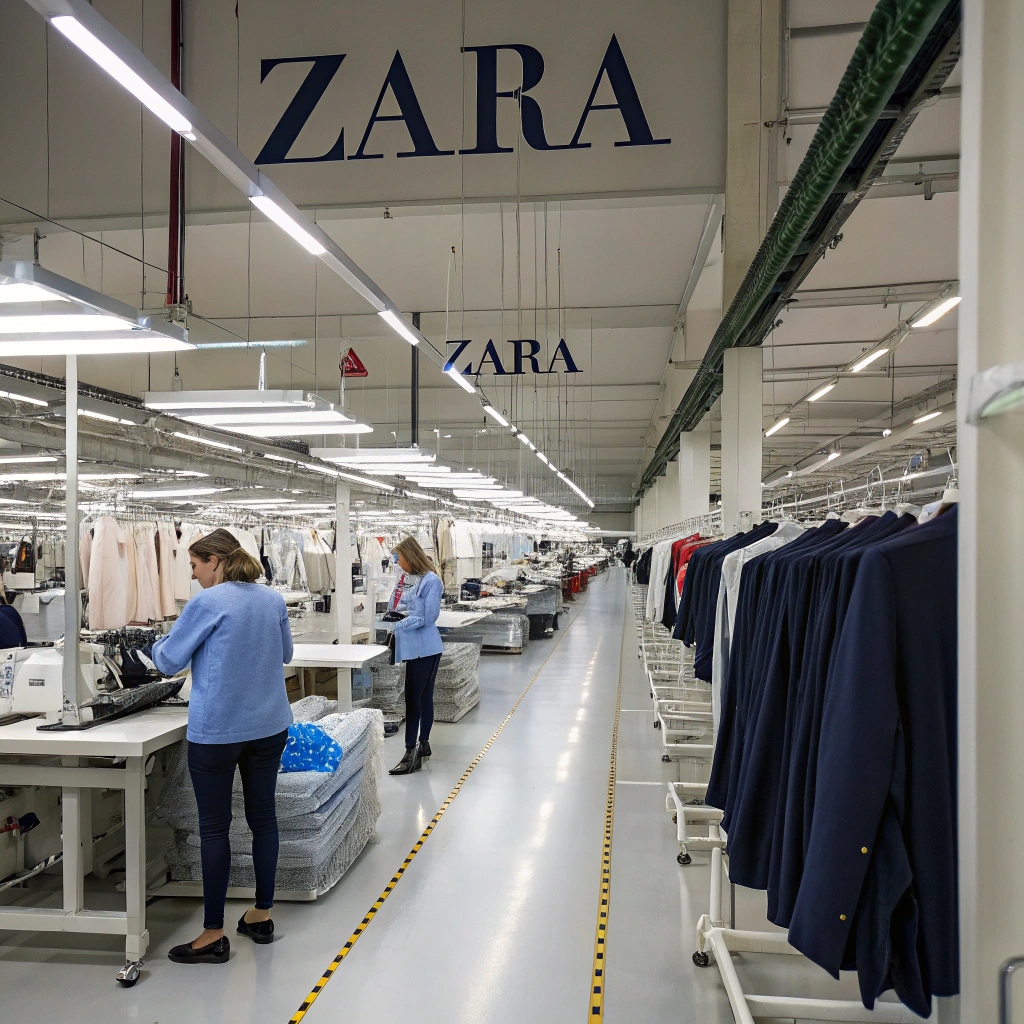
While Zara is a global brand, the company still produces some of its clothing in Spain. But what percentage of Zara’s garments are actually made in Spain?
Zara’s parent company, Inditex, maintains several factories in Spain, particularly in its home country. These factories are essential for Zara’s fast-fashion model, allowing the brand to produce items quickly and efficiently.
Zara's Spanish Manufacturing Facilities
Zara produces a significant portion of its clothing in Spain, particularly for high-demand items and new collections. The company has its own state-of-the-art facilities10 in Galicia, where designs are quickly turned into finished products. This proximity to the design team enables Zara to make quick changes and adapt to new trends11 almost overnight.
Why Zara Still Manufactures in Spain
Zara’s choice to keep some of its manufacturing in Spain is part of its strategy to maintain quick turnaround times12. By having production close to its headquarters, the company can reduce lead times13 and stay ahead of fashion trends14.
Conclusion
Zara’s success lies in its ability to work with a wide range of manufacturers across the globe. While it has some of its manufacturing in Spain, it also works with partners in countries like China, Turkey, and India to produce its vast array of stylish garments. By using a combination of in-house and third-party manufacturers, Zara can keep up with the ever-changing fashion landscape.
-
Understanding Inditex Group's role provides insights into Zara's supply chain efficiency and sustainability practices. ↩
-
Exploring Zara's collaboration with local manufacturers reveals its commitment to supporting local economies and reducing carbon footprint. ↩
-
Learning about Zara's partnerships with overseas manufacturers can highlight its strategies for cost efficiency and global market reach. ↩
-
Exploring strategies for rapid collection turnover can reveal innovative approaches to meet consumer demand and stay ahead in the fast-paced fashion market. ↩
-
Understanding the benefits of a tightly controlled supply chain can offer insights into operational efficiencies and competitive advantages in the fashion industry. ↩
-
Exploring global directories can uncover valuable insights into Zara’s manufacturing partners, offering a comprehensive view of the industry. ↩
-
Researching Inditex’s suppliers may reveal connections to Zara’s manufacturing network, providing a direct pathway to understanding their supply chain. ↩
-
Attending trade shows can connect you with suppliers in Zara's network, offering firsthand opportunities to engage with industry leaders. ↩
-
Discover the key manufacturers behind Zara's success in China, offering insights into their supply chain and production strategies. ↩
-
Exploring the benefits of state-of-the-art facilities can provide insights into how Zara maintains its competitive edge in fast fashion. ↩
-
Understanding how brands like Zara adapt to trends can offer valuable lessons in agility and responsiveness in the fashion industry. ↩
-
Understanding the importance of quick turnaround times can help businesses stay competitive in the fast-paced fashion industry. ↩
-
Exploring how reducing lead times benefits fashion brands can offer insights into operational efficiency and market responsiveness. ↩
-
Learning strategies to stay ahead of fashion trends can provide valuable knowledge for maintaining relevance in the dynamic fashion market. ↩

